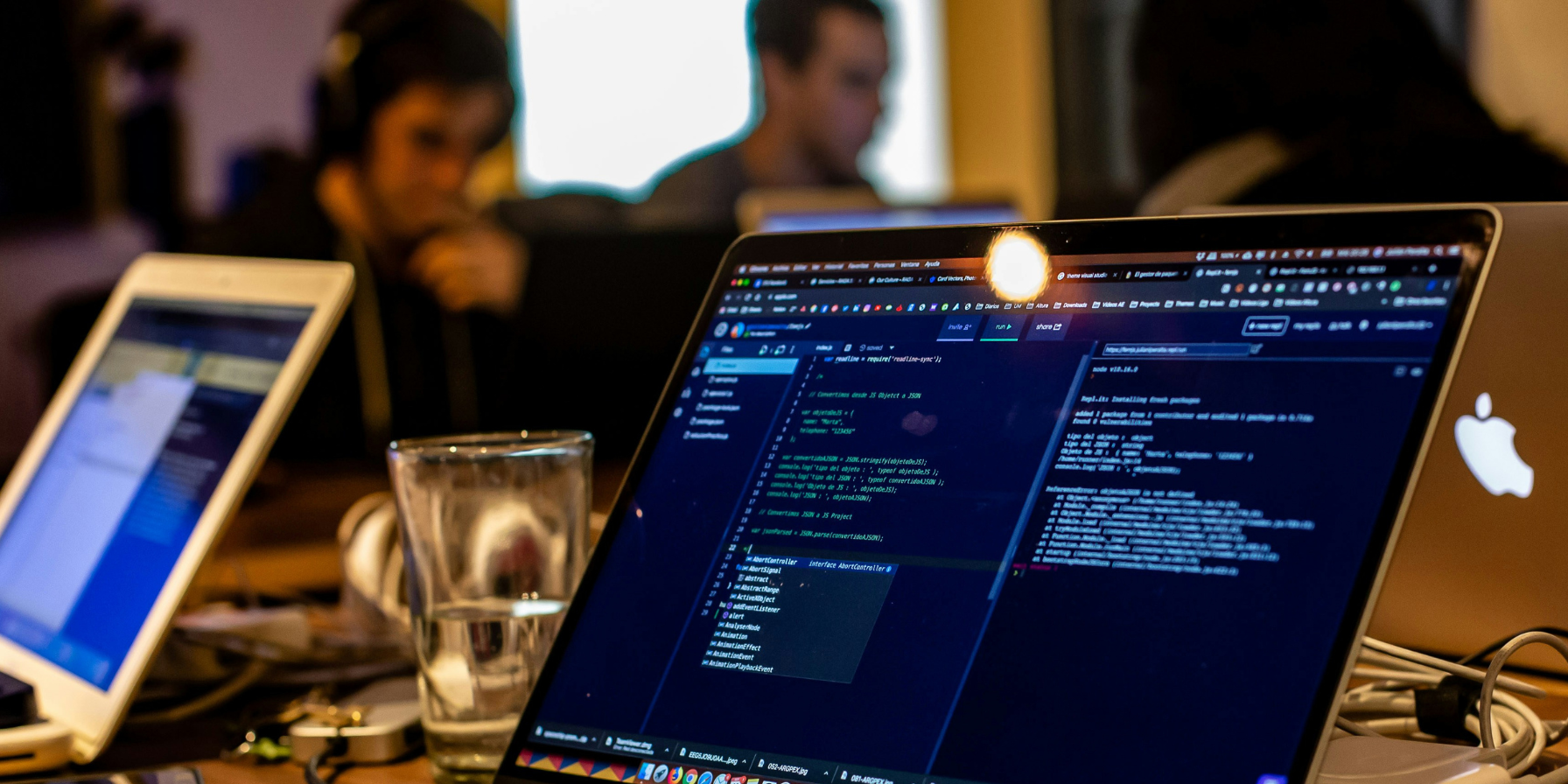We've heard the warnings. AI is coming for entry-level jobs, threatening to pull the first rung of the career ladder out from under an entire generation.
LinkedIn's chief economic opportunity officer Aneesh Raman has raised the alarm that "artificial intelligence poses a real threat to a substantial number of the jobs that normally serve as the first step for each new generation of young workers." The situation mirrors the decline of manufacturing in the 1980s, with office workers now facing similar technological disruption.
The numbers seem to support this grim outlook. College graduate unemployment has risen 30% since September 2022, compared to 18% for workers overall, according to LinkedIn data. This suggests AI's impact is disproportionately affecting new graduates entering the workforce.
But what if we're looking at only half the equation?
The Transformation Behind the Disruption
The narrative that AI is simply eliminating entry-level jobs misses a crucial development happening simultaneously: the transformation of what entry-level work actually entails.
Consider what's happening at leading firms. Companies like KPMG and Macfarlanes aren't just cutting junior positions. They're reallocating more advanced tasks to junior staff, using AI to enable early-career employees to contribute more strategically.
At KPMG, graduates are now managing tax projects previously reserved for mid-level professionals. At Macfarlanes, early-career lawyers are interpreting complex contracts once assigned to senior associates.
This isn't the elimination of entry-level work. It's its evolution.
The Historical Context We're Missing
We've been here before. When ATMs were introduced, many predicted the end of bank tellers. Instead, the role transformed. Tellers shifted from counting cash to providing financial advice and building customer relationships.
When spreadsheet software emerged, accounting clerks didn't disappear. They evolved into financial analysts who could leverage technology to deliver deeper insights.
The pattern is consistent: automation handles the routine while humans move up the value chain.
What's Really Happening to Entry-Level Jobs
Three transformations are occurring simultaneously:
1. Task elevation. Entry-level workers are being freed from routine tasks to perform work that was previously mid-level.
2. Skill reconfiguration. The skills that matter are shifting from task execution to task orchestration, from doing to deciding.
3. Value acceleration. New graduates can deliver higher-value contributions earlier in their careers when paired with AI tools.
This means that while traditional entry-level positions may be declining, new forms of entry-level work are emerging that offer more meaningful starting points.
The New Entry Points
The entry-level jobs of tomorrow won't be about executing predefined tasks. They'll be about:
AI orchestration. Knowing how to direct, refine, and integrate AI outputs into workflows.
Human-AI collaboration. Identifying where AI falls short and human judgment adds crucial value.
Problem framing. Defining the right questions for AI to solve, rather than just implementing solutions.
Contextual intelligence. Applying domain knowledge to interpret and validate AI-generated insights.
These aren't just theoretical possibilities. They're already emerging in progressive organizations that see AI as an amplifier of human potential rather than a replacement.
The Adaptation Challenge
This transition won't be seamless. Educational institutions, hiring practices, and career expectations all need to evolve.
Universities must shift from teaching routine skills to developing AI collaboration capabilities. Employers need to reimagine entry-level roles as launching pads for strategic contribution rather than training grounds for task mastery.
And graduates themselves need to approach their careers not as a linear climb up a predefined ladder, but as a dynamic navigation through a changing landscape of opportunities.
Beyond the Fear Narrative
The real story of AI and entry-level jobs isn't one of simple replacement. It's a story of transformation that brings both challenges and opportunities.
Yes, the traditional entry points are changing. Yes, this creates genuine disruption. And yes, there will be painful transitions, especially for those caught in the middle of this shift.
But the narrative that AI is simply eliminating the first rung of the career ladder misses the new rungs being built alongside the old ones.
We face not the end of entry-level work, but its reinvention. The question isn't whether there will be starting points for careers, but whether we'll prepare the next generation to start from these new places.
That's the real challenge. And the real opportunity.



